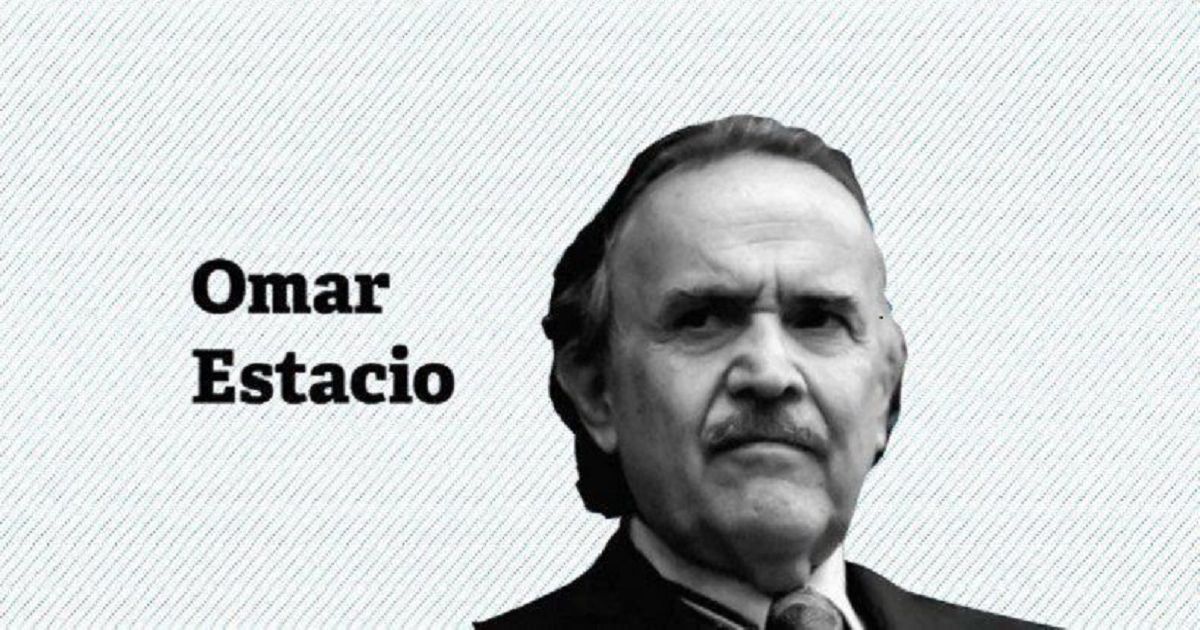I just finished reading, “Venezuela, in the anteroom of history” (Ed. EJV Internacional, Panama, Rep. of Panama, 2024), written by the lawyer, historian, immaculate former official of the Venezuelan State and the inter-American system, but above all, patriot –and one of the best– Asdrúbal Aguiar Aranguren, with a foreword by José Rodríguez Itúrbe and an epilogue by José Angel Ocanto.
Looking through the index, someone might be inclined to believe that we are discussing an anthology of essays with seemingly unrelated themes. This is not the case. There is a common thread in the book’s nine monographs, written with page-quality over the last 14 years.
“The precise diagnosis of what is Venezuelan – Aguiar points out – is a sine qua non condition for the propositional in the social-affective and later in the political, for the recomposition and reconstruction of democracy as an experience of citizenship.”
It is not enough to overthrow the narco-tyranny that is rampant in the country. “Nor is it necessary to defeat it in relatively fair elections, so that the lost path of economic openness can be resumed” (…) “it is urgent to cancel the messianic sketch of an authoritarian and tutelary republic inherited from the swords to stop and correct the course of the cultural and political deconstruction that has taken hold of Venezuela.”
An expression of the messianism that Aguiar censures is the 1999 Constitution, which was not even written by Venezuelans, because Chavez, a chromosomal lackey, entrusted it, in accordance with his narcissism, to two paid-up people from the University of Valencia, Spain. I am referring to the neo-Francoists of that country, Roberto Viciano Shepherd and Rubén Martínez Dalmau, who, based on this sinecure, founded a franchise as constitutional ghost writers —just like the fast food chains that poison their customers with junk food. To expand his nefarious 21st Century Socialism, Chávez himself hired them again —and paid them, with money from all Venezuelans— for the draft constitutions for Ecuador and Bolivia, when the sister nations were misgoverned by two of his cronies.
Aguiar reflects in “The Antechamber of History” on the following preliminary question: For the resurrection of Venezuela – the devastation has been such that the word reconstruction is not appropriate – is it necessary to call another National Constituent Assembly? The writer believes that there are more pressing matters. It would be better to repeal the constitutional monstrosity of 1999 and temporarily return to our Constitution of 1961. There will be serenity and a firm step to reform, amend or replace the latter in its entirety.
Throughout the book, the author documents, with historical rigor, relevant episodes of our past, but also incorporates accurate observations on current issues such as artificial intelligence and the membership of the so-called Bolivarian Revolution in international organized crime gangs.
Hugo Chávez, before coming to power, had already acted as a necessary accomplice in the service of the Colombian narco-guerrilla. Specifically, he acted as a “pitchman” – that is what they call in the underworld of common crime those who provide the perpetrators with up-to-the-minute information on the location of their victims – in the massacre of eight Venezuelan soldiers in Cararabo perpetrated on February 25, 1995, by the ELN. There are many examples of rulers who, once in power, become criminals. Chávez’s journey was the opposite. He was already a pawn of international narco-terrorism when he became president of Venezuela. At least up to now, it is a unique case in history.
Ignoring or keeping silent about such circumstances prevents an accurate diagnosis and treatment of the compatriot tragedy. “We have seen our constitutional customs dissolve, shamelessly displaying the relationship between power and crime, and, in the process, absent from all memory, evil has become relative,” Aguiar concludes in his book.
We hope that when this article is published, the publishing company of “Venezuela, on the brink of history” is already offering it for reading through the corresponding Internet portals. It is an essential work.
@omarestacio

